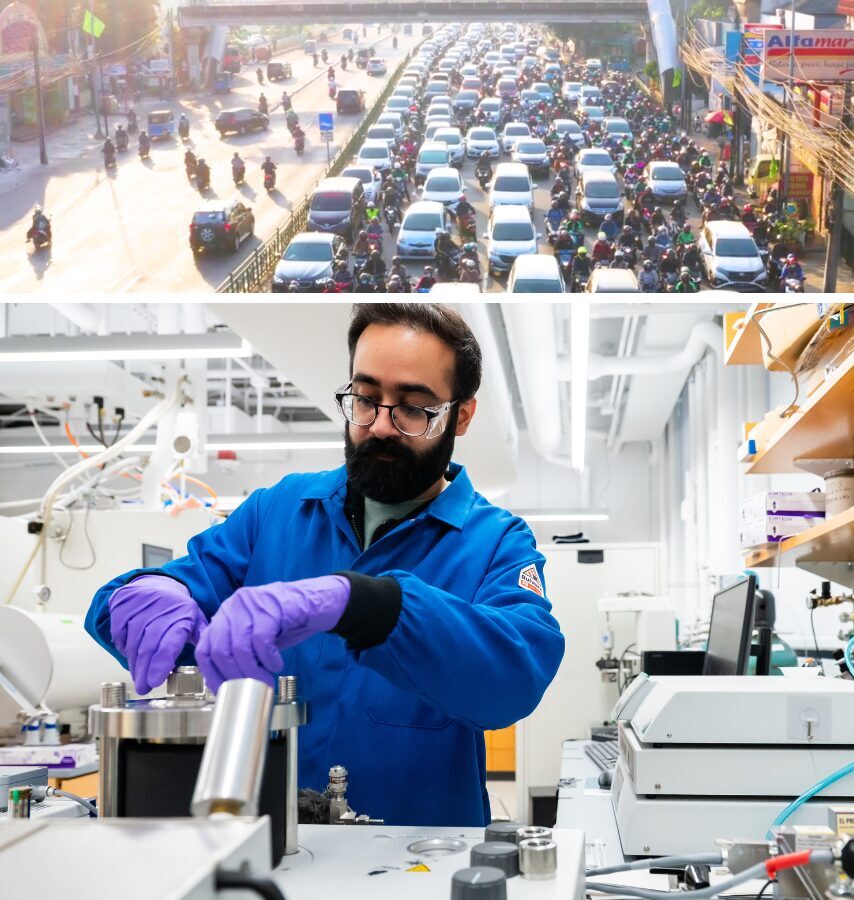
Jon Clardy
Christopher T. Walsh Professor of Biological Chemistry and Molecular Pharmacology
Profile
Profile
The Clardy Lab focuses on biologically active small molecules, especially those from bacteria and fungi with an overall goal of understanding how small molecules control biological processes. Organizing themes include: 1) function-based discovery of microbially-produced small molecules and their roles in microbial symbioses , 2) function-based discovery of biologically active small molecules using high-throughput screening, 3) genome-based discovery of bacterially-produced small molecules.
1. We have focused on the small molecule exchanges that underlie multilateral symbioses involving bacteria, partly because they are widespread and poorly understood and partly because they lead to the discovery of new useful molecules in the biological context in which they evolved. Current projects involve the bacterial symbionts of fungus-growing ants, members of the human gut microbiome linked to disease, and interactions between micro-algae and bacteria.
2. We also continue to discover small molecules in a more medically relevant context: high-throughput screening for a variety of diseases. In these projects we have focused on antibacterial, antifungal, and antiparasitic agents along with immunomodulators and anticancer agents.
3. It is now quite clear that well studied bacteria – the producers of drugs that are used on the ton scale, for example – are genetically capable of producing many more potentially useful small molecules. The biosynthetic gene can be seen but the associated molecules have never been characterized. Ways to access these cryptic metabolites is a current focus of the laboratory.
Contact
Email: jon_clardy@hms.harvard.edu
Phone: 617-432-2845
Additional Website: https://bcmp.hms.harvard.edu/faculty-staff/jon-clardy
Expertise
Biologically Active Small Molecules
The Salata institute
The Salata Institute supports interdisciplinary research that leads to real-world action, including high-risk/high-reward projects by researchers already working in the climate area and new endeavors that make it easier for Harvard scholars, who have not worked on climate problems, to do so.









